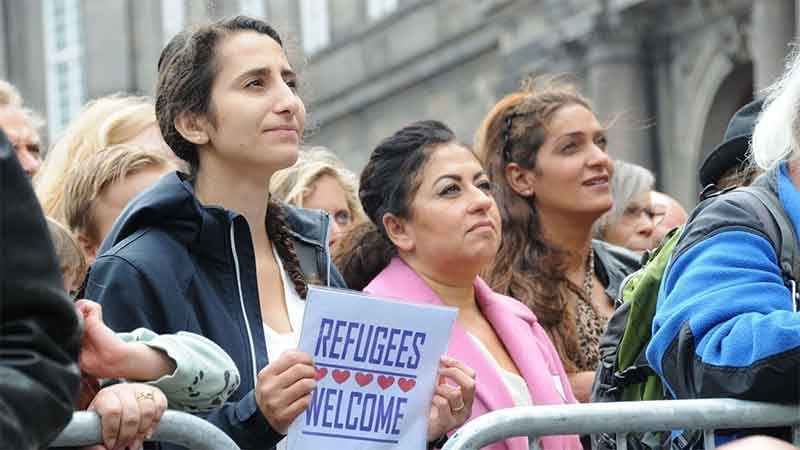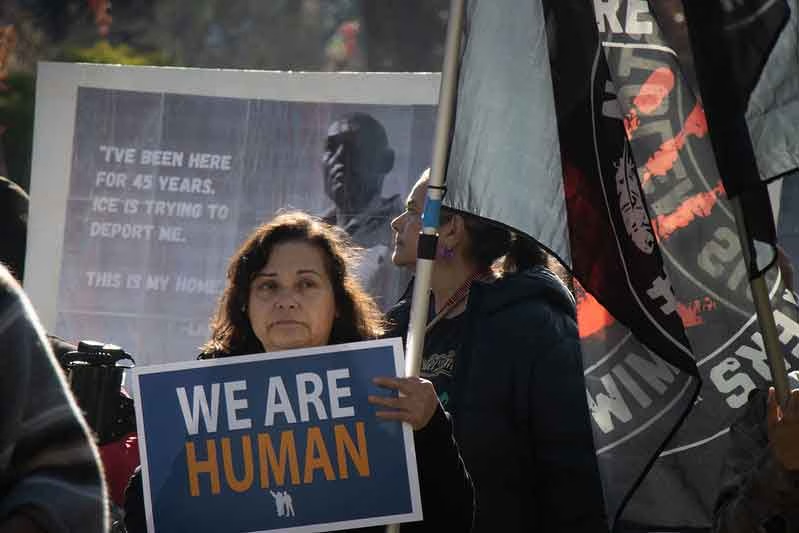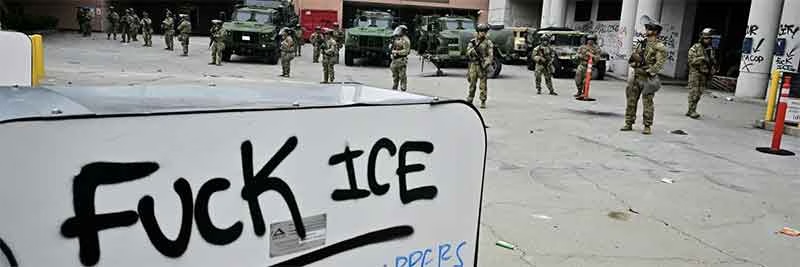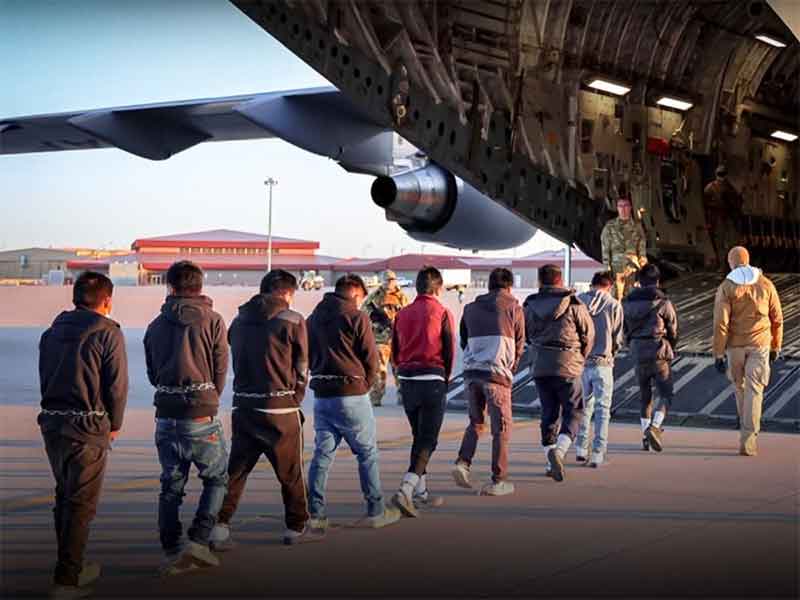
Migrants work as doctors and nurses, sustaining vital health services. They serve as teachers and lecturers in schools, colleges, and universities, helping to develop and disseminate knowledge. Migrants also work as chefs and cooks in hotels and restaurants, providing essential services for leisure and hospitality. They operate as drivers of trains, buses, and taxis, maintaining transportation networks. Migrants contribute as scientists, engineers, construction workers, cleaners, and agricultural labourers who produce our food. Migrants serve as soldiers and excel as football and cricket players. From the basketball court to the badminton court, they entertain and inspire sports lovers around the world. Migrants not only bring national and international glory but also bring a diverse set of skills and competencies that sustain the European economy. Their diverse cultural backgrounds not only enrich democratic diversity but also deepen multicultural society in Britain and Europe.
However, migrants and multiculturalism are often blamed for the persistent problems in the UK and Europe. It has become widely accepted in much of Western Europe today that migrants are a source of trouble. Anti-migrant propaganda and anti-multicultural narratives undermine migrants’ essential contributions and reinforce harmful stereotypes. Anti-migrant, anti-multicultural, and flawed political narratives are deliberately manufactured to reinvent a non-existent national identity in Britain and a fabricated European identity across the continent, both based on imaginary shared values. In reality, the historical foundations of shared values that most closely bind Britain with other Western European countries are feudalism, colonialism, racism, capitalism, and imperialism—often branded as a collective foundation of a glorified past.
The British Prime Minister, Sir Keir Starmer, has warned that the UK risks becoming an ‘island of strangers’ due to migration, highlighting the need for stronger visa restrictions. Many people were not only uncomfortable but also surprised by the conservative tone of the Labour Party Prime Minister during his Downing Street press conference ahead of the publication of an immigration white paper. His speech echoes Enoch Powell’s infamous 1968 ‘Rivers of Blood’ speech, in which Powell warned of the so-called dangers of multiculturalism and claimed that white people were becoming ‘strangers in their own country.’ The Prime Minister Mr David Cameron’s speech at the 47th Munich Security Conference criticised the so-called failure of ‘state multiculturalism,’ a stance that effectively demeaned migrants, Muslims, and their cultural identities by linking them to radicalisation and terrorism. There is a long-standing history of anti-migrant sentiment that runs deep across the political spectrum in both Britain and Europe.
Historically, there is absolutely no surprise in the conservative content of Sir Keir Starmer’ speech, which not only panders to white supremacists in Britain but also to those in a racialised Europe. Much of the political leadership scapegoats secular multiculturalism and blames migrants for the various predicaments facing Britain and Europe. This is a deliberate political strategy to escape accountability and deflect attention from leadership failures, exonerate the failures of capitalism, and obscure its inherent crises—conditions that provide the lifeblood for far right-wing and reactionary politics to flourish across Britain and Europe.
Contrary to dominant narratives and propaganda, it is not migrants or multiculturalism that are responsible for the destruction of livelihoods and sources of income. Despite state support, capitalism has failed to generate adequate employment and income for the majority of the population across the continent. Therefore, the deceitful strategies, deceptive politics, and relentless propaganda by political and economic cheerleaders targeting migration and migrants serve only to deflect attention from the real issue: it is capitalism itself that has ultimately failed to deliver prosperity in the UK and Europe. The illiberal social, political, economic, and cultural order is a product of capitalism, which promotes authoritarian politics and undermines democracy and citizenship—all in the name of controlling borders and defending so-called liberal European and British values.
Migration is neither automatic nor spontaneous, nor is it simply driven by the emotions or personal choices of migrants. Rather, it is deeply rooted in the legacies of European colonialism, wars, conflicts, and ongoing neocolonial strategies of resource exploitation. These forces compel people to leave their homes and livelihoods in search of safety, stability, and the means to survive. However, the alienating, individualistic nature of European culture—combined with the absence of meaningful conditions for assimilation—often compels migrants to rely on their own cultural identities as a means of coping with the harsh realities of a capitalist society, where migrant workers are forced to work overtime just to cover basic living expenses. This reliance on cultural identity is often misrepresented and used to construct illiberal stereotypes about migrants to undermine their contributions in the making of modern Britain and Europe. Such a process creates the conditions for scapegoating migrants and blaming multiculturalism, allowing the failures of capitalism to be obscured across the continent.
European capitalism and its accompanying culture reduce migrants to mere economic units—numbers on Excel sheets in foreign offices and border security systems. This reductive approach undermines the very foundation of human dignity that binds individuals to one another. The disdain for migrants and migration is not incidental; it is a product of capitalism and its utilitarian culture of othering. Therefore, the struggle against reactionary politics and in defence of migrants is, at its core, a struggle against capitalism in Britain and Europe.
As reactionary politics fuels anti-migrant sentiment worldwide, it is more important than ever to build solidarity among workers. Workers have no country to hide in, only each other to defend in the face of the onslaught by reactionary corporations, states, and governments. This solidarity is essential to building workers’ unity and upholding the ideals of workers’ internationalism.
Subscribe to Our Newsletter
Get the latest CounterCurrents updates delivered straight to your inbox.
Bhabani Shankar Nayak is a political commentator
















































